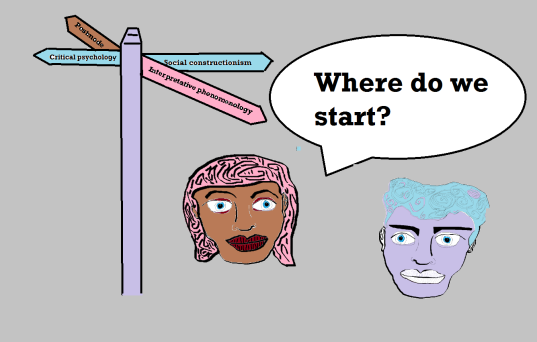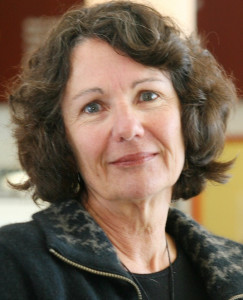Charlotte Paddison reflects on what it means to be ‘critical’ in the context of health psychology. Is this about being dismissive? About being negative? No, not at all!
Lecturing is great. And not least of all because you get all sorts of interesting questions from students. Recently, I was asked what does being ‘critical’ mean?
Being ‘critical’ can mean different things to different people, in different contexts. The Oxford dictionary describes it as “expressing adverse or disapproving comments or judgements” and “involving an analysis of the merits and faults of a work.” Neither of these quite fit the bill for describing critical perspectives in the context of health psychology.
In the course I teach on (Critical issues in Health Psychology), we talked about:
Being willing to question our own value stance as researchers and practitioners, and to question the values and assumptions that underpin health psychology as a discipline
Value-driven approach that specifically seeks to act to improve health for those who are most disadvantaged
- Asking questions of methods
This includes questions about choice and appropriateness of methods, and the assumptions about research and knowledge generation that unpin these choices
Asking whose interests are being met by the research, who benefits, and conversely, which groups in society are ignored or overlooked
We also discussed the value of examining social and political aspects of health and health care, the analysis of power, and the value of researchers as ‘agents of social change’.
This description is, of course, both subjective and incomplete. But maybe it is a helpful starting point? Perhaps others will have ideas to add here, sharing their views of what constitutes ‘critical’ in health psychology – it would be great to share these!
Interested to learn more?
Here are some useful resources:
- Lyons, A.C., Chamberlain, K., (2006). Locating the field: Introducing health psychology. In Lyons, A.C., and Chamberlain, K., (Eds) Health Psychology: A critical introduction. Cambridge: Cambridge University Press.
- Rohleder, P. (2012). Introduction: critical issues in clinical and health psychology. In Rohleder, P. Critical issues in clinical and health psychology. Sage: London.
- Marks, D. F. (2002). Freedom, responsibility, and power: contrasting approaches to health psychology (editorial essay). Journal of Health Psychology 7, 5 – 19.
- Fox, D., Prilleltensky, I., & Austin, S. (Eds.) (2009). Critical psychology: An introduction (2nd edition). London: Sage.
Like this:
Like Loading...



